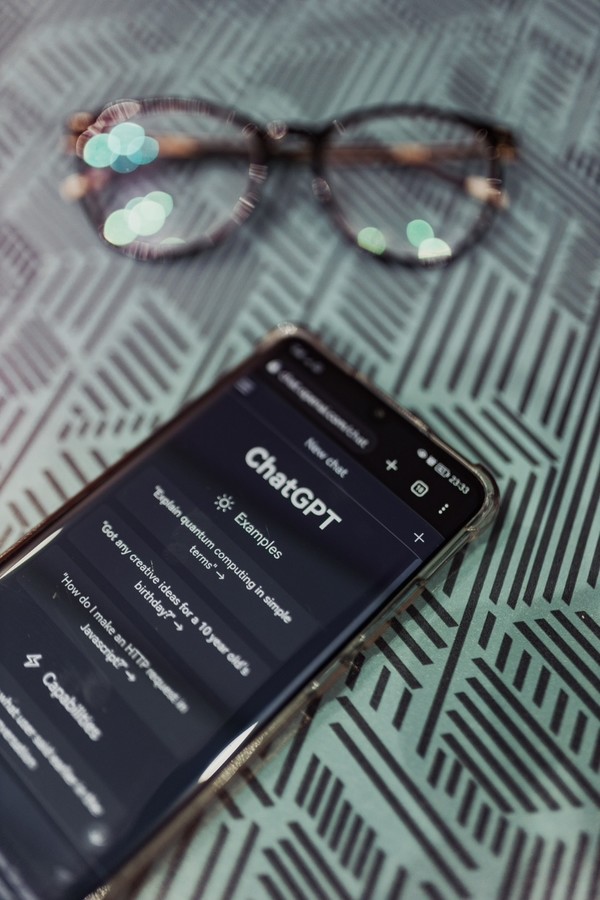
Imagine.. You need to turn in a writing assignment by tomorrow but you are short of time. Your grade depends on this very assignment! A friend tells you that he/ she will write it for you and no one would know. This friend is a straight A student who is exceptionally talented in writing and this can help you boost your grade up immensely. It is free of charge and you would be able to turn in it in within the deadline. You are tempted, but your ethical intuition gets in gear and warns you about the gravity of the consequences you would have to face if this were to be revealed. You picture yourself failing the class, disappointing the professor and getting humiliated... So you simply shake off the idea of having your friend write the assignment for you and decide to do the best you can to beat the buzzer. While this situation would normally end as such since you would have to worry about the friend telling on you and feeling guilty every time you see that friend. However, with the advancement of chatgpt, this type of temptation has reached a new dimension.
With an appropriate prompt, chatgpt can generate a tailor-made output in less than a minute. All you have to do is copy & paste and voilà! Your assignment is done. Or better yet, you can use bits and pieces of the chatgpt output and “create” a beautiful patchwork writing that permeates stylistic sophistication. To be honest, this is a delusion that too many students have these days. More often than not, I read written works that “sound” like chatgpt and makes me wonder whether those who have submitted the assignment claiming it to be their own truly believed that professors lack the intuition and knowledge to distinguish the difference between human and AI generated language. As stated by its name, chatgpt “generates” output based on a variety of resources and professors are very familiar with those very resources. In fact, the output generated by chatgpt are general concepts that professors have seen over and over again throughout their years of teaching. So, when a student who is taking an Introduction class to come up with the general concepts that are often produced by chatgpt, it is like a giant red signal that immediately grabs the professors’ attention and detect it as plagiarism. It is one thing to use chatgpt to brainstorm and conduct language check, but it is another when you use literally hand over the keyboard and allow it to do your work for you. Some may think that they are on safe ground because they “created” the written work by using various parts of the AI output. However, according to the definition of patchwork plagiarism, it is considered an act of plagiarism “when a writer copies material from several writers and rearranges that material with no attempt to acknowledge the original sources.”1)
Then, should we dismiss the support that chatgpt offers altogether? No, since it can help you generate ideas by having constructive conversations about the topic you have in mind as well as conduct at moderate level of language check of your final product. It can also provide useful input for you to use to compare and contrast your work with that produced by chatgpt. In other words, it can be a practical and convenient assistant when used strategically. However, when you claim your “creation” to be the output “generated” by chatgpt and get points for it, then you need to put your ethical intuition to full gear and come to your senses.
1)https://www.niu.edu/academic-integrity/faculty/committing/examples/direct-patchwork-plagiarism.shtml

